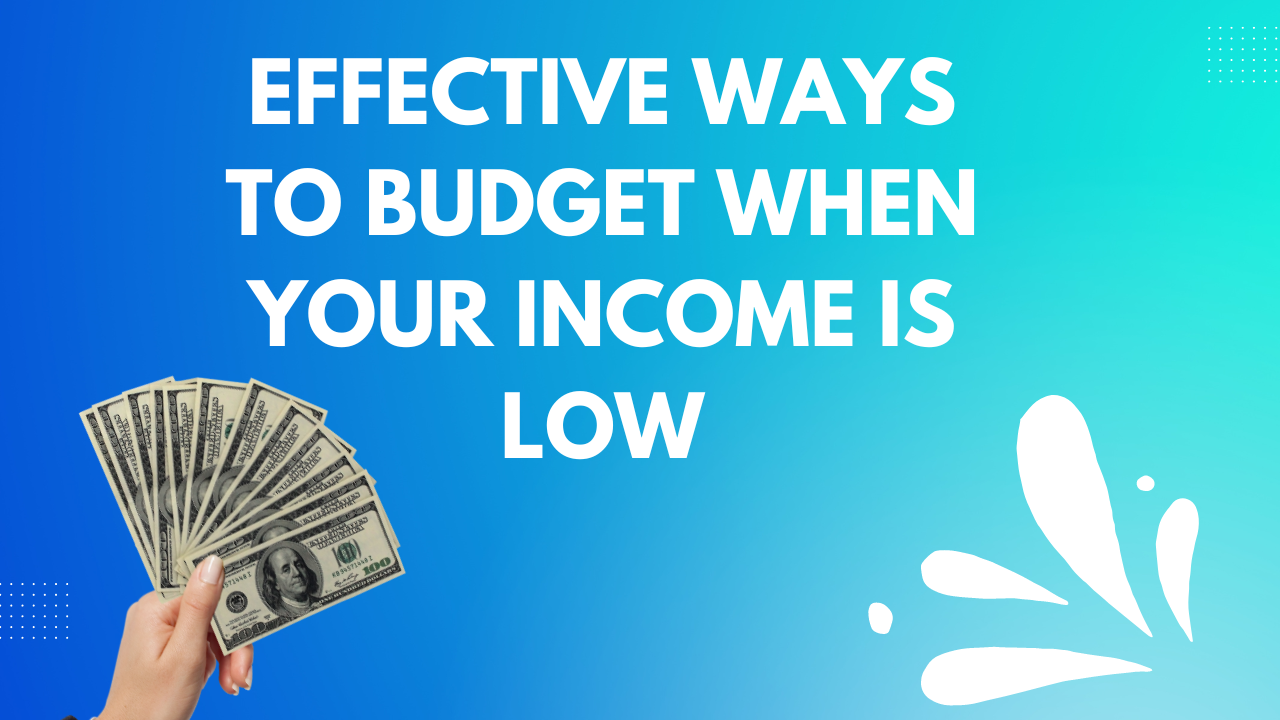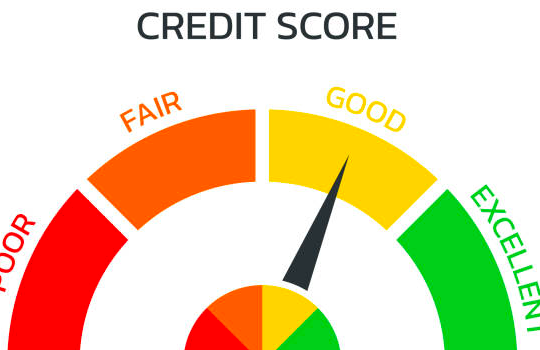When faced with a low income, it becomes even more crucial to budget effectively. Start by tracking your expenses to gain a clear understanding of where your money is going. Prioritize essential expenses such as housing, utilities, and food, ensuring these are covered first. Look for ways to reduce discretionary spending and find creative solutions to cut costs, such as cooking at home, buying in bulk, or utilizing free community resources. Explore government assistance programs, community support, and non-profit organizations that can provide additional resources and aid. Lastly, consider increasing your income through part-time work, freelance gigs, or exploring opportunities for professional development and career advancement.
Assessing Your Financial Situation:
Assessing your financial situation is the first step towards effective budgeting when your income is low. Begin by calculating your total income, including wages, government assistance, and any other sources of funds. Next, list your expenses and obligations, such as rent, utilities, groceries, transportation, healthcare, and debt payments. It’s essential to distinguish between essential and non-essential expenses to allocate funds effectively. Evaluate any debt or credit obligations, such as loans or credit card payments, and identify opportunities to reduce interest rates or negotiate better terms. Once you have a clear understanding of your financial situation, you can determine your available resources and develop a realistic budget plan.
Tracking Expenses:
Tracking your expenses is a crucial part of budgeting, especially when you have a low income. It helps you understand where your money is going and allows you to identify areas where you can make adjustments and save. Start by recording all your expenses, big or small, in a notebook, spreadsheet, or budgeting app. Be diligent in tracking your spending on a daily or weekly basis.
Categorize your expenses into different categories such as housing, utilities, groceries, transportation, entertainment, and miscellaneous. This breakdown will give you a clear picture of your spending patterns and where you may be overspending.
Regularly review your expense tracking to identify areas where you can cut back. Look for opportunities to reduce discretionary spending, such as dining out, entertainment subscriptions, or impulse purchases. Small changes can add up over time and contribute to significant savings.
Embracing Frugal Living:
When your income is low, adopting a frugal lifestyle can significantly impact your ability to budget effectively. Embracing frugal living means being mindful of your spending, making intentional choices, and finding creative ways to save money. Here are some strategies to help you embrace frugal living:
1. Meal Planning and Cooking at Home: Plan your meals in advance, make a shopping list, and cook meals at home. This reduces the temptation to eat out and helps you save on dining expenses.
2. Budget-Friendly Grocery Shopping: Look for sales, use coupons, buy generic brands, and purchase items in bulk. Compare prices at different stores to find the best deals and consider shopping at discount grocers.
3. Reduce Utility Costs: Conserve energy by turning off lights when not in use, adjusting thermostat settings, and using energy-efficient appliances. Reduce water usage by fixing leaks and being mindful of water consumption.
4. Thrift Shopping and Second-Hand Purchases: Explore thrift stores and consignment shops for clothing, furniture, and household items. You can often find quality items at significantly lower prices.
Seeking Government Assistance:
When you have a low income, exploring government assistance programs can provide valuable resources and support to help meet your basic needs. Here are some avenues to consider:
1. Supplemental Nutrition Assistance Program (SNAP): SNAP, also known as food stamps, provides eligible individuals and families with funds to purchase nutritious food. Check your eligibility and apply through your local Department of Social Services.
2. Medicaid and Children’s Health Insurance Program (CHIP): Medicaid and CHIP offer low-cost or free healthcare coverage for individuals and families with limited income. These programs provide access to essential medical services, prescriptions, and preventive care.
3. Housing Assistance Programs: The government offers various housing assistance programs, such as Section 8 Housing Choice Vouchers and public housing, to help individuals and families with affordable housing options. Contact your local Public Housing Agency (PHA) for information and applications.
4. Temporary Assistance for Needy Families (TANF): TANF provides financial assistance to low-income families with dependent children. It offers cash benefits and supportive services to help with basic needs, job preparation, and work opportunities.
Seeking Financial Education:
When your income is low, acquiring financial education can be a powerful tool to make informed decisions, improve your financial literacy, and enhance your budgeting skills. Here are some steps to take in seeking financial education:
1. Research Online Resources: Explore reputable websites, blogs, and forums dedicated to personal finance. Look for resources that cover budgeting, saving, debt management, investing, and other relevant topics. Websites like Investopedia, The Balance, and MoneySmart offer valuable information for individuals at different stages of their financial journey.
2. Attend Financial Workshops or Webinars: Many community organizations, nonprofits, and financial institutions offer free or low-cost workshops on financial literacy. These workshops cover various topics such as budgeting, saving, credit management, and investing. Check local community centers, libraries, or financial institutions for upcoming events.
3. Take Advantage of Online Courses: Platforms like Coursera, Udemy, and Khan Academy offer free or affordable online courses on personal finance. These courses provide comprehensive knowledge and practical strategies for managing your money effectively.
4. Read Personal Finance Books: Explore books written by renowned financial experts that cover budgeting, saving, investing, and financial planning. Some popular titles include “The Total Money Makeover” by Dave Ramsey, “Rich Dad Poor Dad” by Robert Kiyosaki, and “Your Money or Your Life” by Vicki Robin.
Setting Realistic Goals
When budgeting with a low income, setting realistic financial goals is essential for staying motivated and making meaningful progress. Start by evaluating your current financial situation and considering your long-term aspirations. Identify specific goals that are attainable within your income constraints. It could be saving a certain amount each month, paying off a specific debt, or building an emergency fund.
Ensure your goals are measurable, meaning you can track your progress and evaluate your success. Break them down into smaller milestones that are achievable within a shorter timeframe. Celebrating these smaller victories along the way can help maintain your momentum.
Also Read:
- The Taxation of Cryptocurrency: What You Need to Know
- The Impact Of Inflation On Investments
- 7 Modern Ways To Finance A Venture While in Retirement
- Investment Taxation: Understanding Capital Gains, Dividends, and More




